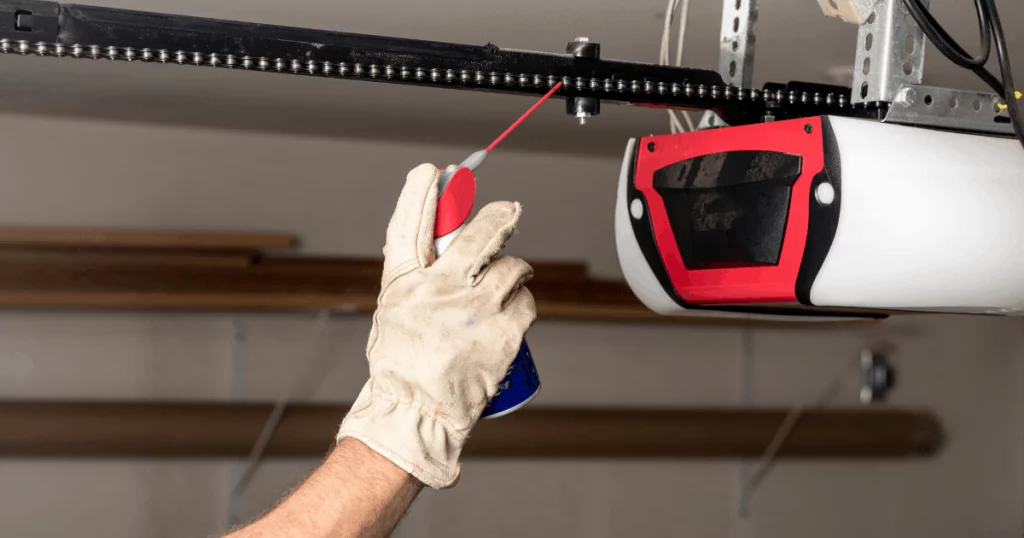Have you ever wondered about the lifespan of your garage door opener? Understanding the average life of a garage door opener is essential for homeowners looking to maintain their garage systems efficiently. In this comprehensive guide, we’ll delve into the factors that influence the longevity of garage door openers, explore common signs of wear and tear, and provide tips for maximizing their lifespan.

Exploring the Average Life of Garage Door Openers
Understanding Garage Door Opener Lifespan
The average life of a garage door opener can vary depending on several factors, including:
- Quality of Components: High-quality garage door openers made from durable materials tend to have longer lifespans than lower-quality alternatives.
- Frequency of Use: Garage door openers that are used frequently may experience more wear and tear and may have a shorter lifespan compared to those used less frequently.
- Maintenance: Regular maintenance and lubrication can help extend the lifespan of a garage door opener by preventing premature wear and addressing minor issues before they escalate.
Factors Affecting Lifespan
1. Type of Drive Mechanism
- Garage door openers typically come in three main drive mechanisms: chain-drive, belt-drive, and screw-drive. Each type has its own advantages and drawbacks that can impact its lifespan.
- Chain-drive openers, for example, are known for their durability but may require more frequent maintenance compared to belt-drive openers, which are quieter but may have a shorter lifespan.
2. Climate and Environmental Conditions
- Extreme temperatures, high humidity, and exposure to corrosive elements can accelerate the deterioration of garage door opener components, leading to a shorter lifespan.
- Installing a garage door opener with weather-resistant features can help mitigate the effects of adverse environmental conditions and prolong its lifespan.
Signs of Wear and Tear: Average Life Of Garage Door Opener
1. Unusual Noises
- Grinding, scraping, or rattling noises during operation may indicate worn-out components or misalignment within the garage door opener system.
- Ignoring these noises can lead to further damage and a shortened lifespan for the opener.
2. Sluggish Operation
- If your garage door opener takes longer than usual to open or close, it may be a sign of worn-out motor gears or drive mechanisms.
- Addressing this issue promptly can prevent further damage and extend the lifespan of the opener.
Maximizing Lifespan: Maintenance Tips
1. Regular Inspection
- Conduct regular visual inspections of your garage door opener system, including the motor, drive mechanism, and safety sensors.
- Look for signs of wear and tear, such as frayed cables, loose hardware, or damaged rollers, and address them promptly.
2. Lubrication
- Regularly lubricate moving parts of the garage door opener, including chains, belts, and rollers, to reduce friction and prevent premature wear.
- Use a silicone-based lubricant recommended by the manufacturer for optimal results.
Read too: How to Perform a Chamberlain Garage Door Opener Code Change? Mastering Security
Conclusion
The average life of a garage door opener can vary depending on various factors, including the quality of components, frequency of use, and maintenance practices. By understanding these factors and implementing proactive maintenance strategies, homeowners can maximize the lifespan of their garage door openers and ensure smooth and reliable operation for years to come.



Leave a Reply